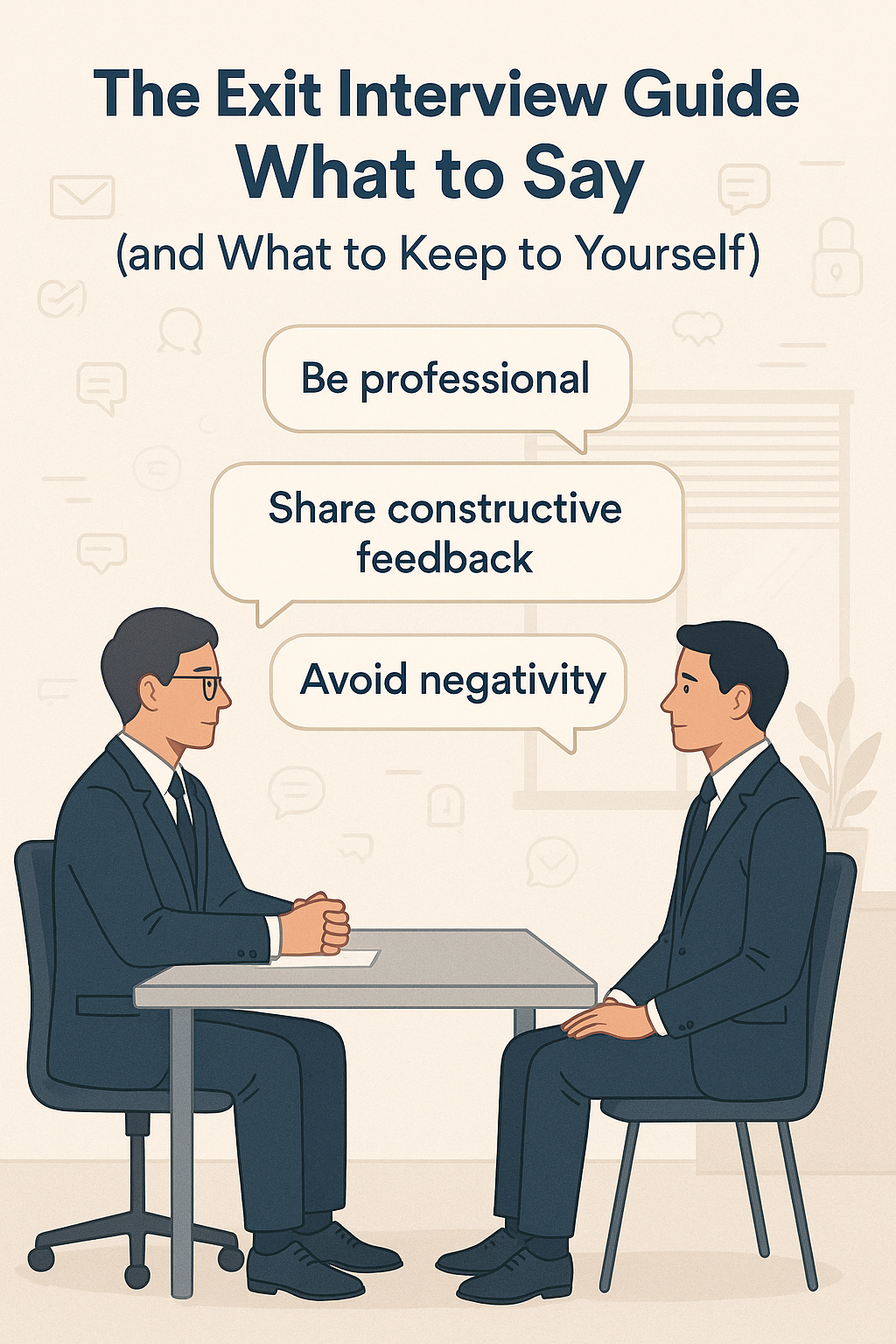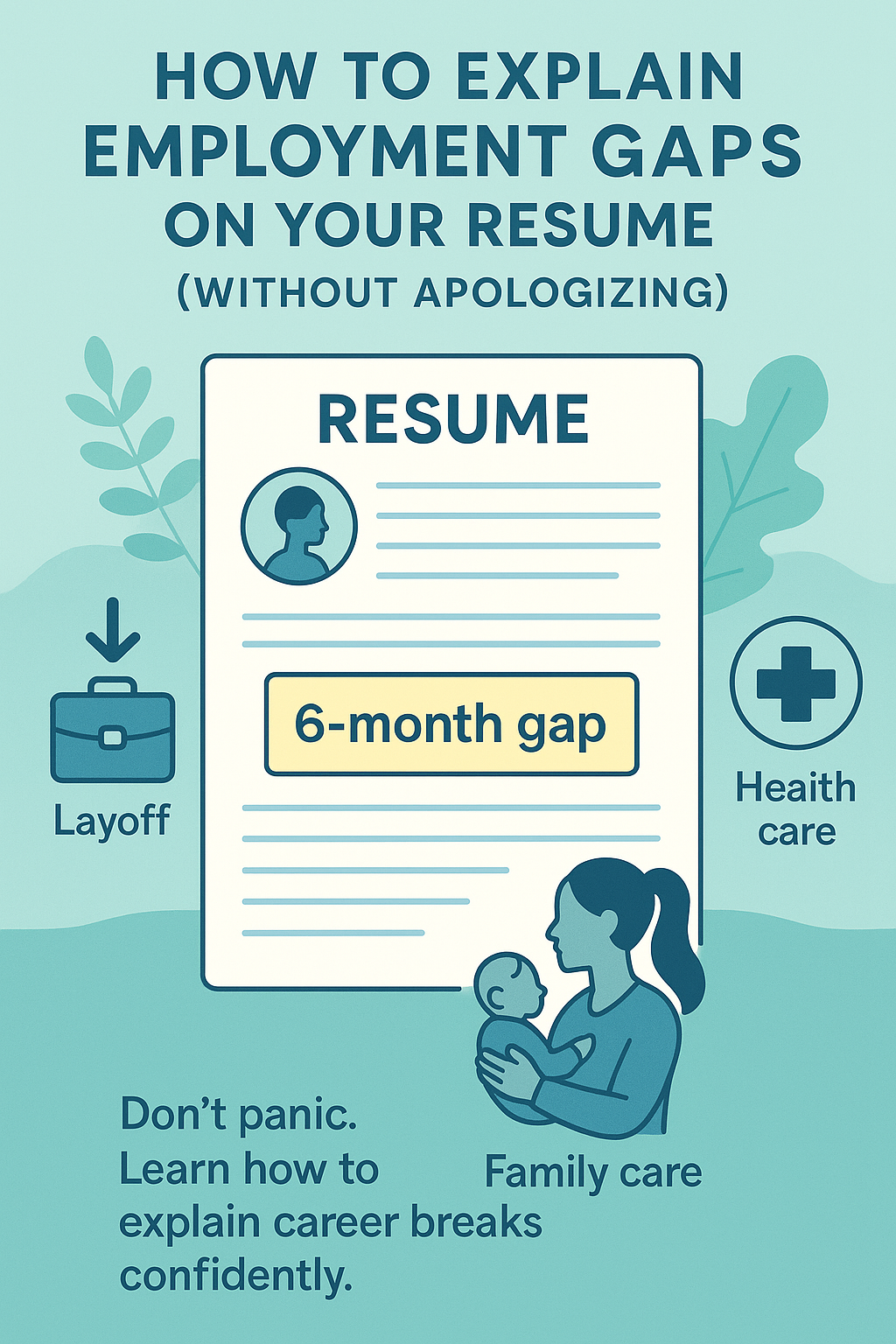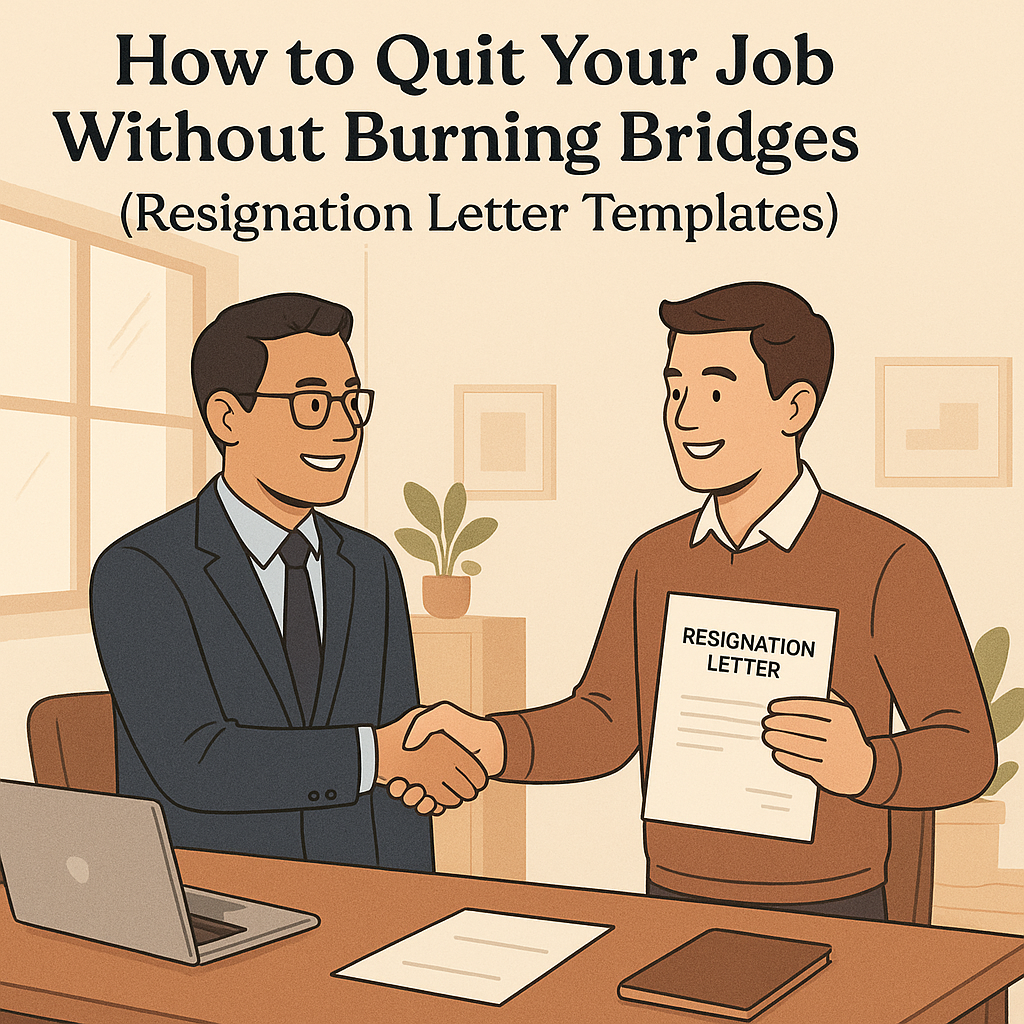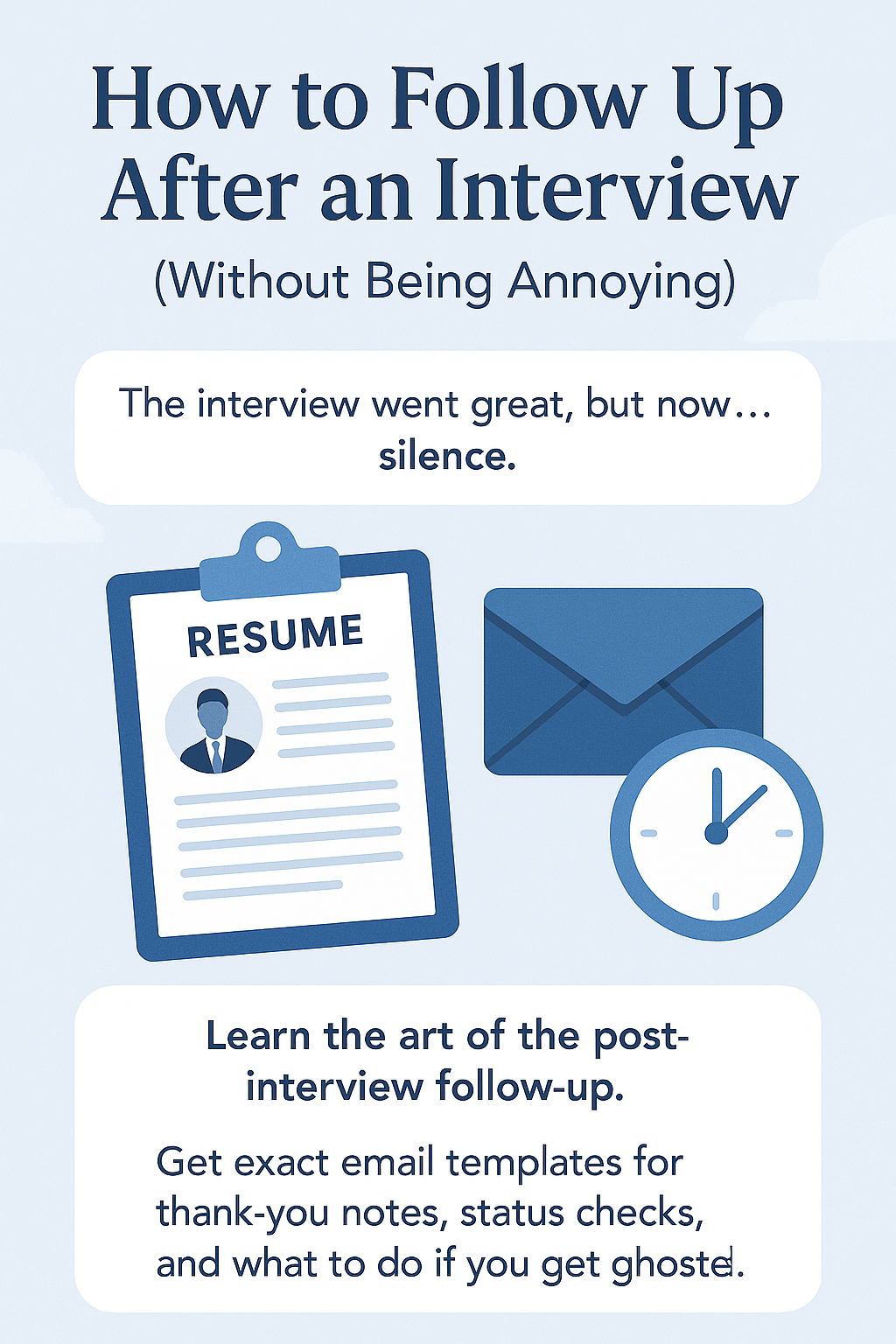
The Exit Interview Guide: What to Say (and What to Keep to Yourself)
You’ve resigned. You’ve worked through your notice period, handed over your projects, and said your goodbyes to the team. You are mentally checked out and ready for your new adventure. But just before you walk out the door for the last time, there is one final hurdle: the Exit Interview.
For many professionals, this meeting with HR is a source of confusion and anxiety. Is it a formality? Is it a trap? Is this finally the moment to unload years of frustration about your micromanager boss and the broken coffee machine? Or should you just smile, nod, and say everything was wonderful?
The exit interview is a unique professional interaction. Ideally, it is a safe space for a company to gather honest feedback to improve its culture and retention. However, it is also a formal record that goes into your personnel file. What you say can have a lasting impact on your reputation, your future references, and your ability to ever return to the company (or "boomerang") down the line.
Treating the exit interview as a therapy session is a rookie mistake. Treating it as a strategic business meeting is the mark of a professional. This guide will provide you with a clear framework for navigating this final conversation. We will explore the true purpose of the exit interview, what constructive feedback looks like, and most importantly, the things you should absolutely keep to yourself to ensure you leave with your bridges intact.
The Golden Rule: It’s About Them, Not You
The first thing to understand is that the exit interview is primarily for the company's benefit, not yours. They want data to help them reduce turnover. They are looking for patterns: Are people leaving because of pay? Management? Lack of growth?
Because you are leaving, you have very little to gain from venting, but potentially a lot to lose. Your goal in this meeting is not to fix the company or seek justice; it is to preserve your professional reputation. You want to be remembered as a classy, helpful, and professional employee, not as the person who "went nuclear" on their way out.
What to Say: Constructive, Strategic Feedback
You don't have to lie and say everything was perfect. You can be honest, but you must be constructive. Frame your feedback around business issues, not personal gripes.
Focus on "The Why" (Without The Emotion)
When asked why you are leaving, stick to the "pull" factors of your new opportunity rather than the "push" factors of your current one. * Good: "I've really enjoyed my time here, but I was presented with an opportunity to lead a larger team and work on [New Skill], which is a key career goal for me that wasn't currently available in my role here." * Bad: "I'm leaving because I'm bored and Dave is a terrible manager who never promotes anyone."
Highlight Structural Issues, Not People
If you want to give critical feedback, focus on processes, systems, or resources. These are things HR can actually fix. * Good: "I think the team would benefit greatly from more structured training on the new software. We spent a lot of time troubleshooting basics, which impacted our project timelines." * Bad: "The team is failing because Sarah doesn't know how to teach anyone anything."
Praise the Good Stuff
Be generous with your praise for the things you genuinely liked. Mention specific people who helped you, projects you enjoyed, or aspects of the culture you appreciated. This balances out any criticism and leaves a positive final impression.
What to Keep to Yourself: The "Danger Zones"
There are certain topics that serve no purpose other than to make you look bitter or difficult. Avoid these at all costs.
1. Personal Attacks on Your Manager or Colleagues
Even if your boss was a nightmare, the exit interview is rarely the place to report it unless there are serious legal or ethical violations (harassment, discrimination, fraud). General incompetence or personality clashes are best left unsaid. HR likely already knows, and your comments will just be seen as venting.
2. "This Place is a Sinking Ship"
Do not insult the company's products, strategy, or future. It serves no purpose. You are leaving, so their strategy is no longer your problem.
3. Gossip and Hearsay
Stick to your own experiences. Do not say, "Well, everyone on the team feels like..." Speak for yourself. Passing on office gossip makes you look unprofessional.
4. Comparisons to Your New Job
You don't need to brag about how much better your new salary is or how amazing the perks are at your new company. A simple "The new role offered a competitive package" is enough.
How to Prepare (Yes, You Should Prepare)
Don't just wing it. Spend 15 minutes thinking about your key message. * Write down 3 positives: What are you grateful for? * Write down 1-2 neutral, constructive suggestions: What is one process that could be improved? * Practice your "Reason for Leaving" script: Ensure it matches what you told your boss and your team. Consistency is key.
Conclusion: The Classy Exit
The exit interview is the period at the end of the sentence of your tenure. Make it a clean one. By keeping your emotions in check, focusing on business-relevant feedback, and avoiding personal attacks, you ensure that your personnel file closes on a high note.
You never know where your former colleagues or HR managers will end up. Five years from now, one of them might be the hiring manager at your dream company. Make sure the last thing they remember about you is your professionalism, not your complaints.
Now that you've successfully closed this chapter, you can focus entirely on your new beginning. To prepare for success in your next role, review our guide on Your First 90 Days. And to keep an eye on future market trends, keep your job alerts active.
For more career advice to help you navigate every transition, https://jobpe.com.

Creative Content Writer






